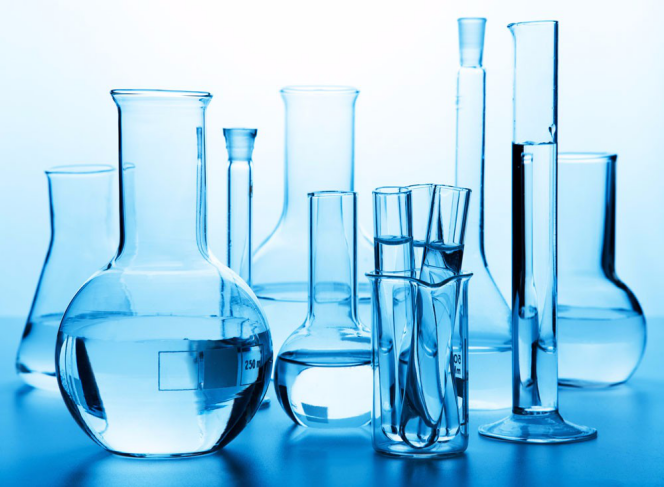Palbociclib is a drug for the treatment of ER-positive and HER2-negative breast cancer developed by Pfizer. It is a selective inhibitor of the cyclin-dependent kinases CDK4 and CDK6.
All of our products are with stable production and strict quality control, making sure your experience with Sunshine Biotech is always enriching, satisfying and fulfilling.
Palbociclib Intermediates,Cas 571188-59-5,Cas 1013916-37-4,Cas 1016636-76-2 Nanjing Sunshine Biotech Co., Ltd , http://www.sunshine-bio.com
It was reviewed and approved under the Food and Drug Administration`s (FDA) accelerated Priority Review and Breakthrough Therapy designation programs on February 3, 2015 as a treatment (in combination with letrozole) for patients with estrogen receptor positive advanced breast cancer.
We produce a series of complete intermediates for Palbociclib, intermediate I (CAS No. 571188-59-5), intermediate II (CAS No. 1013916-37-4) and intermediate III (CAS No. 1016636-76-2) etc.

How to feed pigs with soybean leaves
Soybean leaves are rich in crude protein and crude fat, but also rich in calcium and phosphorus. Therefore, the use of soybean leaves to feed pigs is an effective way to supplement protein in the absence of protein feed. There are three specific feeding methods: Fresh Feeding: The collected fresh soybean leaves are chopped and directly mixed into the pig's diet, which accounts for about 30% of the diet. For piglets under 30 kg, the chopped soybean leaves can be cooked in pots and fed into the pig's diet. Silage: Soybean leaves are low in sugar content and rich in protein and suitable for semi-dry silage. Soybean leaves are air-dried to a moisture content of about 50%, then roughly cut with a knife, and then put into a silo, a cylinder or a plastic silage, and compacted and sealed. When the pigs need to be fed, they are taken out of the diet of the pigs and the amount of feed is about 25% of the diet. Crushing: Soybean leaves are placed in a dry and ventilated place, dried to a moisture content of about 30%, and then exposed to sunlight, dried quickly or placed in a drying room to reduce the moisture content to below 10%, and then pulverized into crushed mills. Soybean leaf powder. This kind of soybean leaf powder can be stored for a long time. When it is used to feed pigs, it can be directly mixed into the pig's diet, and the feed amount can account for 20-40% of the diet. For soybean leaves used for pig feed, the best period for collection is the soybean wax ripening period. At this time, not only is the soybean leaf greener, nutrient-rich, and the crude fiber content is small, it will not affect the yield and quality of soybeans.